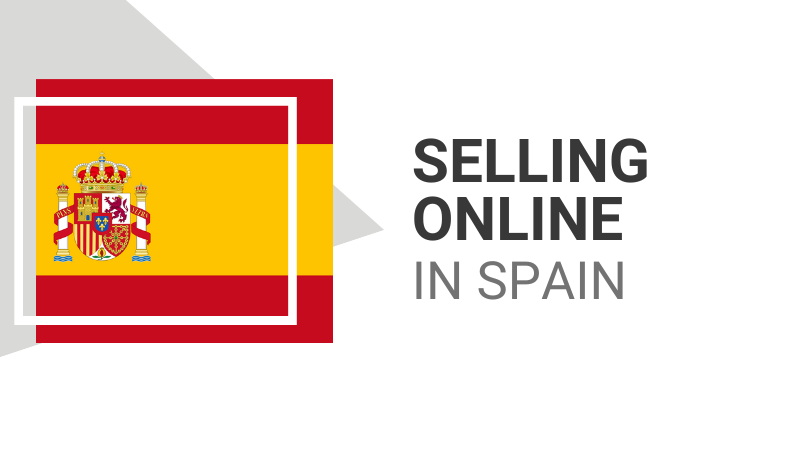Why Sell Online in Spain
Recent years have made the Spanish market particularly attractive for many brands, considering that the number of users shopping online has reached 31.93 million (+7.7% compared to the previous year) and the internet penetration rate is at 94.9%.
What are the future prospects? According to Statista, revenues in the Spanish e-commerce market will reach $4.173 billion in 2024.
According to Statista, during 2023, about 30% of online consumers in Spain engaged in this activity monthly. Despite e-commerce gaining increasing popularity over the years, the percentage of Spanish buyers using these purchasing channels several times a day or a week remains limited.
According to the “Digital 2023” report published by We are Social, the most commonly purchased products belong to the apparel category (estimated annual spending of $8.72 billion, down 5.9% from last year), electronics (estimated annual spending of $7.75 billion, down 19.8% from last year), and personal care and home products (estimated annual spending of $4.12 billion, down 7.7% from last year).
How to Sell Online in Spain
To sell online in a foreign country, including Spain, there are two possibilities:
- Develop and promote your own e-commerce. This requires a substantial investment in brand awareness activities and SEO.
- Sell through marketplace platforms, such as Amazon and eBay. This strategy allows reaching millions of potential customers, usually in shorter times and with lower investments. Marketplaces indeed provide the simplest path for many companies.
Where to Sell in Spain? The Most Popular Marketplaces
Marketplaces are profitable sales channels for brands looking to expand their business in Spain, as they allow reaching a wide user base in relatively short times (and with limited investments).
Let’s see which are the most popular in Spain:
Considering traffic data, the most popular platform by far is Amazon with over 113 million visits, despite a decrease of 12.68% from last year;
in second place, we find the platform AliExpress, with 30.68 million visits. The Chinese marketplace, owned by Alibaba, hosts small independent retailers. Originally designed to give small Chinese businesses global visibility, it is now open to retailers of other nationalities (including Italy, Spain, Turkey, Russia).
In third place is the famous Spanish retail chain El Corte Inglés, which gathers about 29 million web visits each month. El Corte Inglés is the most important department store chain in Spain and Portugal, as well as the largest in Europe. Besides excelling in traditional retail, the Spanish giant also invests in digital, with its own online marketplace. The group’s goal is to effectively connect online sales with traditional ones. In the near future, indeed, the physical store will also serve online orders.
This year, the French chain Carrefour and eBay exit the rankings to make way for Leroy Merlin (launched in Spain in 2022) and Decathlon (launched in Spain in 2021), which in the country respectively record 20 and 13 million monthly visits.
4 Tips for Selling Online in Spain on Marketplaces
Before entering the Spanish market, it is crucial to:
- Delve into the preferences and online buying behaviors of users; For example, it might be useful to know that credit/debit cards are the preferred payment method among Spaniards. And what methods do they use to buy online? Most Spaniards prefer the mobile platform for online purchases.
- Adapt the content to the local language; texts should not only be translated but localized, i.e., naturally adapted to the lexicon of Spanish buyers.
- Structure an adequate logistics organization, respecting the rules of each platform and the expectations of consumers, who are increasingly accustomed to fast and efficient deliveries.
- Have a customer service that speaks Spanish; having a local language customer service is fundamentally important to support customers in any information request or return procedure and thus improve the customer experience.
Many Italian brands use the YOCABÈ Platform to sell online abroad without worrying about translations, shipments, catalog publications in languages, and international billing.




